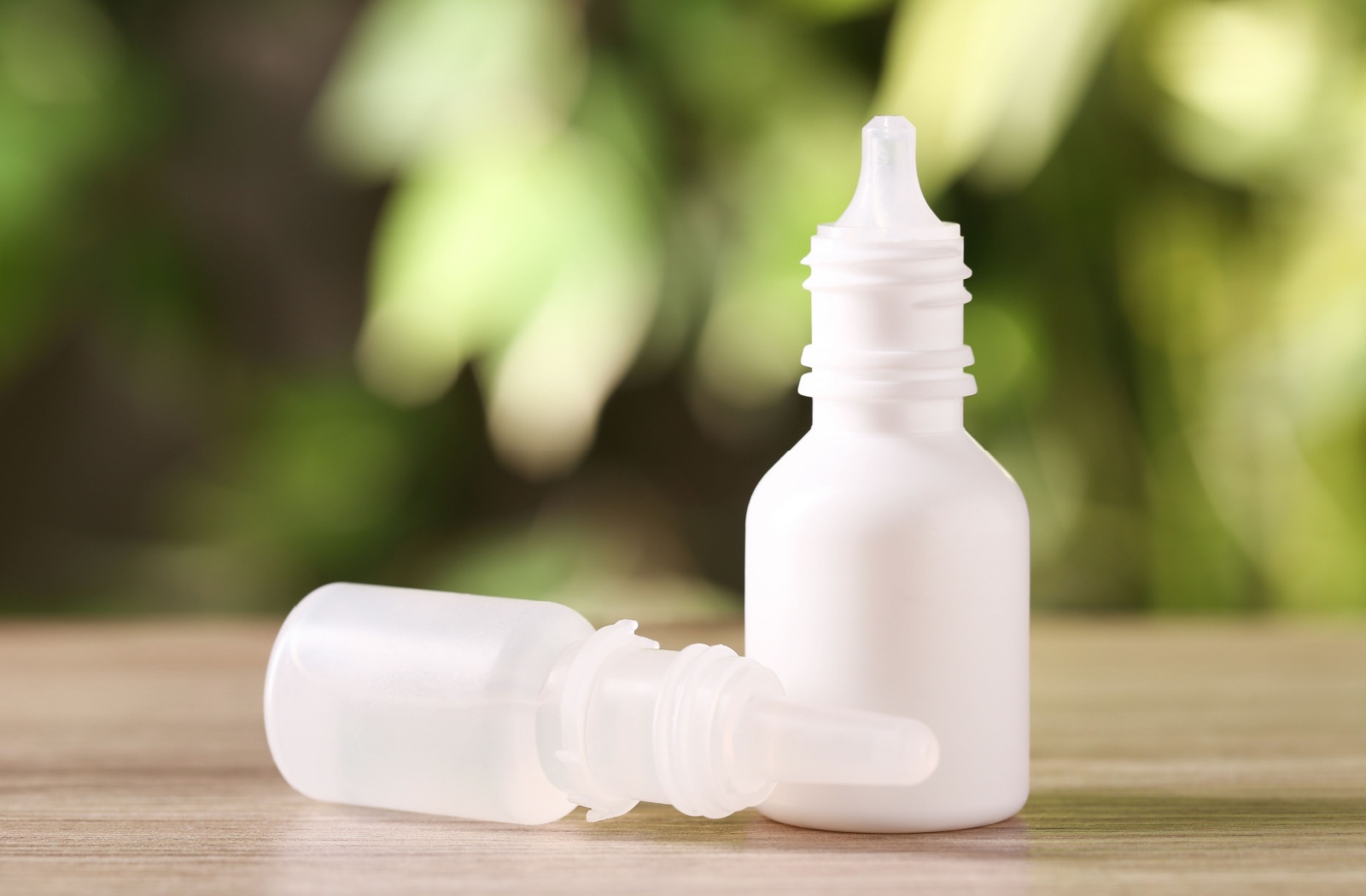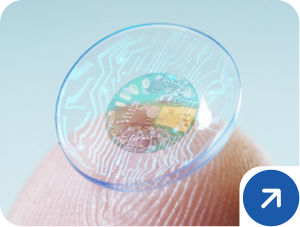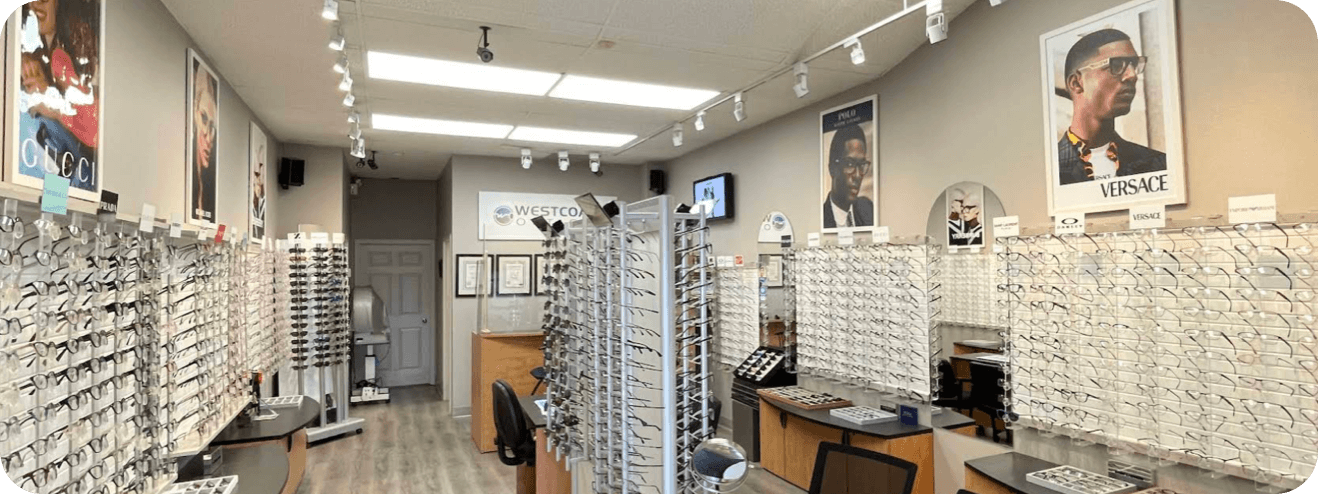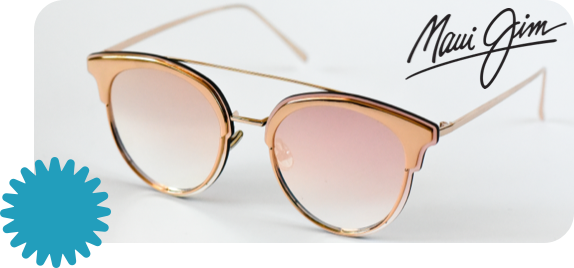Eye drops are a staple in many of our medicine cabinets, providing relief from dryness, redness, and irritation, or even helping manage medical conditions like glaucoma. But what happens when those little bottles sit unused for months (or years)? Can you still use them, or is it time to toss them out?
Yes, eye drops do expire. Like any packaged medication, eye drops have a set shelf life determined by the manufacturer. The expiration date can typically be found on the box or the bottle itself. This date indicates how long the product is guaranteed to remain safe and effective when unopened.
This blog will address why expiration dates matter, and common facts contact lens wearers and eye health enthusiasts should keep in mind. By the end, you’ll know why that seemingly innocent bottle could pose a potential risk to your eyes.
Why Do Eye Drops Expire?
Just like food or cosmetics, eye drops go through chemical and biological changes over time. Here are the reasons they have a limited lifespan:
1. Contamination Risk
Once you open a bottle of eye drops, it’s exposed to the environment. Even if you’re careful, bacteria or fungi can enter the bottle and multiply. Preservatives in eye drops can slow this process, but over time, these substances degrade, leaving your bottle vulnerable to contamination.
Contaminated eye drops can lead to eye infections, red eyes, discharge, and inflammation are telltale signs. If untreated, some infections could even harm your vision permanently.
2. Loss of Effectiveness
Eye drops are designed to address specific problems, whether it’s dry eyes, allergies, or glaucoma. Over time, the active ingredients may break down or lose potency, rendering the drops ineffective, or worse, irritating.
For example, medicated drops, like those used for glaucoma, lose their ability to regulate intraocular pressure if they’re expired. This negates the benefit and risks your overall eye health.
3. Changes in Formula Stability
Certain solutions become unstable after a certain date. They might not mix or dissolve as intended, leading to discomfort and uneven delivery of the treatment when used.
How Long Are Eye Drops Good for After Opening?
Once opened, most eye drops aren’t safe to use indefinitely. Here’s a general timeline based on the type of drops you’re using.
Preservative-Free Eye Drops
- Shelf life after opening: Usually suggested for single-use only.
- Details: Because they contain no preservatives, these are highly susceptible to contamination and should be discarded immediately after opening.
Preserved Eye Drops
- Shelf life after opening: About 1 to 3 months (or as specified by the manufacturer).
- Details: Preservatives offer added protection, but they degrade over time, losing their effectiveness.
Medicated Eye Drops
- Shelf life after opening: Follow your doctor’s or the manufacturer’s guidelines, typically 1 month.
- Details: These drops are often safety-critical (like managing glaucoma), and expired or improperly stored drops can have serious consequences.
Always check the label or leaflet accompanying your eye drops. If in doubt, consult a healthcare provider.
How to Store Eye Drops Properly
Your storage habits can greatly influence how long your eye drops remain safe to use. Here are some tips to prevent problems like degradation or contamination:
- Keep the cap tightly closed: Always recap your eye drops immediately after use to minimize exposure to air and contaminants.
- Store at the recommended temperature: Most eye drops should be kept in a cool, dry place. For some medicated drops, refrigeration might be necessary, check the packaging instructions.
- Avoid touching the nozzle: Never allow the nozzle to come into contact with your eye, fingers, or any surface. This prevents bacteria transfer into the bottle.
- Pay attention to changes: If your drops look cloudy, have changed color, or have a strange smell, throw them out, even if they’re within the expiration date.
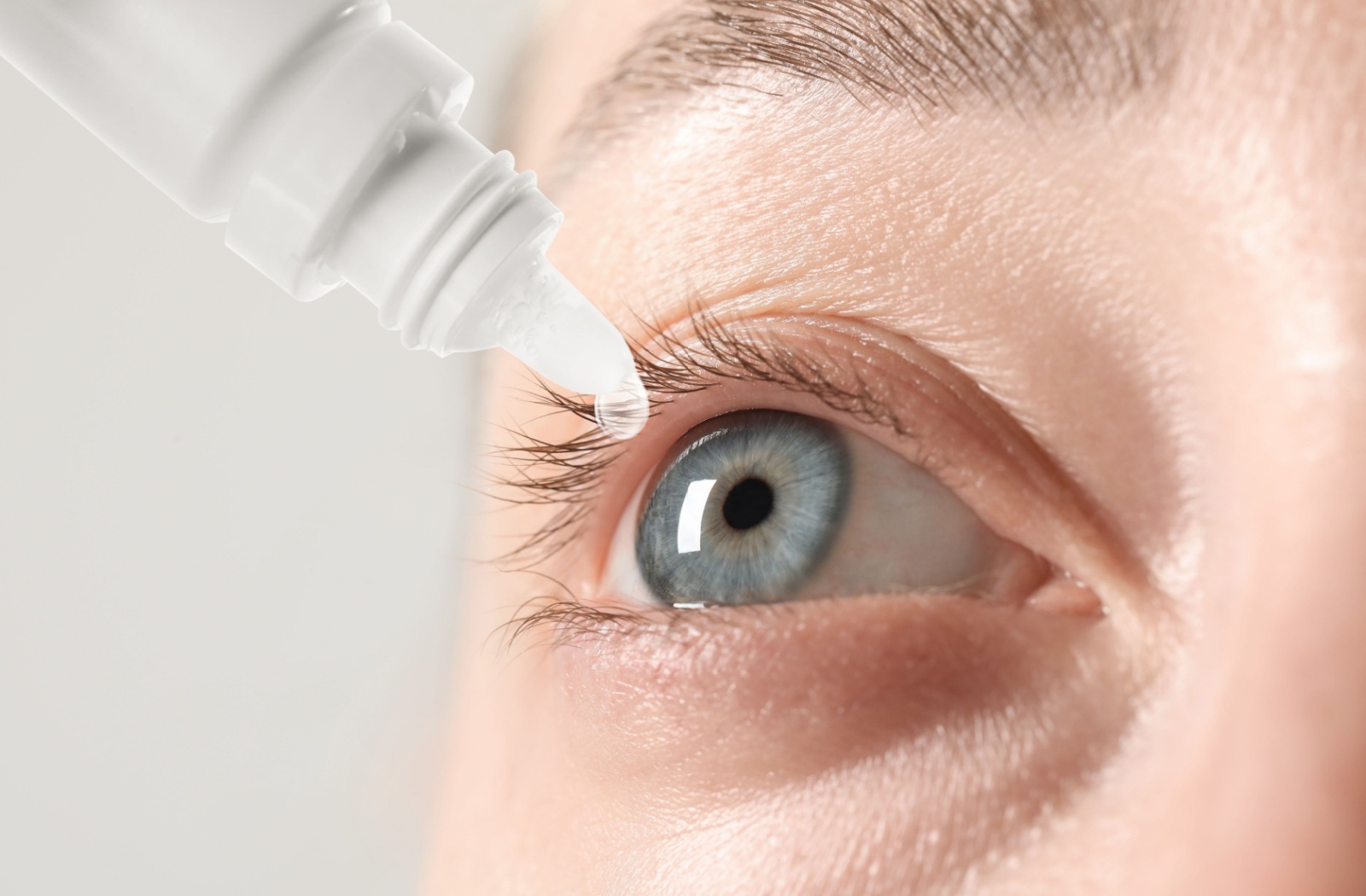
What Happens If You Use Expired Eye Drops?
Can you use expired eye drops? Technically, yes. But should you? Absolutely not. Here’s why this seemingly harmless act can lead to problems.
1. Eye Irritation or Discomfort
Expired drops might feel gritty or sting when applied, especially if the formula has broken down.
2. Risk of Infection
If bacteria or fungus have made their way into the expired bottle, using the drops could result in an eye infection. This could manifest as redness, swelling, or excessive watering.
3. Ineffectiveness for Treatment
If you rely on medicated drops for a condition like glaucoma, expired drops can fail to deliver the necessary treatment, potentially endangering your vision.
When in doubt, it’s best to err on the side of caution and replace expired drops.
How to Dispose of Expired Eye Drops Safely
Throwing eye drops in the trash or flushing them down the toilet isn’t always a safe disposal method, especially for medicated drops. Here’s what you can do instead.
- Check for take-back programs: Some pharmacies or local authorities offer medication disposal initiatives.
- Seal and throw in household trash: If no programs are available, place expired drops in a sealed bag and dispose of them in the trash.
Avoid pouring them down the drain unless the label explicitly says it’s safe to do so.
When Should You Replace Your Eye Drops?
To avoid using expired or contaminated eye drops, follow these best practices for replacement:
- Check the printed expiration date before opening your drops.
- Keep track of when you first open a bottle. Writing the date on the label with a marker can help you remember.
- Replace any drops past their use-by date or if they’ve been open for more than 3 months.
Key Takeaways
- Yes, eye drops expire, and using them past their expiration can lead to reduced effectiveness or even harm your eyes.
- Preservative-free drops should be used immediately, while preserved drops may last up to 3 months after opening.
- Store your drops properly, dispose of expired products safely, and maintain good hygiene during use.
By following these guidelines, you can keep your eyes healthy and avoid unnecessary risks. When in doubt, always consult an eye care professional.
Eye Care Begins with Smart Decisions
Your eyes are precious, don’t risk them with expired products. Stay vigilant about your eye drop usage, and if you’re unsure whether your drops are safe, check with our optometrists at West Coast Optical!


